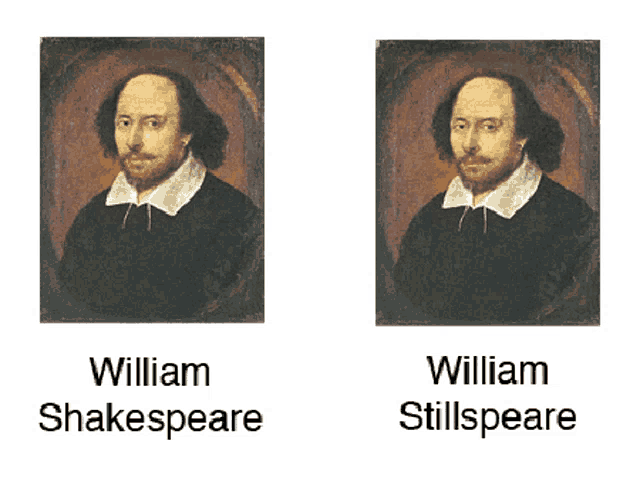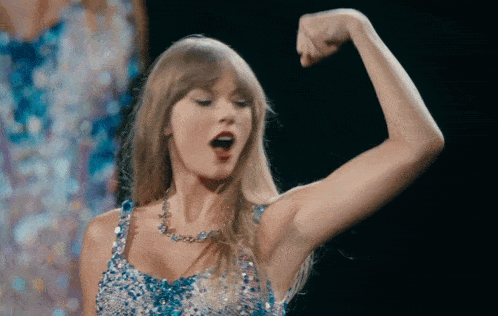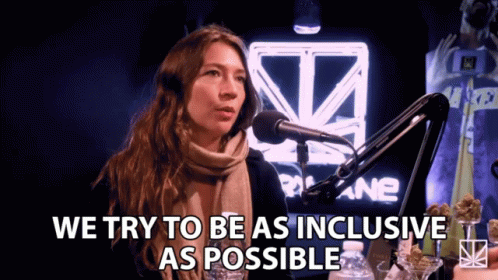Ask not what you can do for your country. Ask what’s for lunch.
Howdy, this is UniScoops! We’re the newsletter equivalent of hitting ‘next episode’ on Netflix — you just can't stop.
So, without further ado…
Here’s a taste of what we’re serving today:
Who Decides the Literary Canon? 📖
PLUS: Linguistics in Fantasy, Ocean Exploration, and How Do We See Colour? 👁️
ENGLISH
Who Decides the Literary Canon? 📖

You may have been encouraged by teachers or parents to read certain books from what is known as the literary canon. In essence, the canon is a list of works that are universally acknowledged to be of the greatest calibre or quality. Historically, a select group of academics and critics have created our cultural canons, taking a piece of art and elevating it to the canon status. Harold Bloom has become widely considered the ‘father’ of the canon. His book ‘The Western Canon: The Books and School of the Ages’ became a best-seller in 1994 due to its argument about what was and wasn't part of the canon.

Harold Bloom (NYT)
💡 Things to consider
Inaccuracy of the canon: The majority of the writers in the Western canon are deceased white men, which has created a constant source of controversy. Those who oppose the canon argue that it needs to be changed since it does not accurately represent the richness of modern, global culture that we are lucky to have. Works of literature by women as well as non-white, non-straight people are consistently ignored and rejected, meaning that the canon does not include many exceptional writers that are worth reading. It cannot be seen as a definitive list of the ‘best’ works of fiction.

Like Taylor Swift, female authors are left ‘wondering if I'd get there quicker if I was a man’…
Heated Discourse: In response to a question about criticism of his canon in a 1991 Paris Review interview, Bloom described it as ‘an extraordinary sort of mélange of latest-model feminists, Lacanians, that whole semiotic cackle.’ He continued, saying that these individuals ‘have no relationship whatsoever to literary values.’ Of course, this is ridiculous. Individuals who oppose Bloom often argue for the extension of literature rather than its restriction, advocating for both traditionally valued literature and new authors.

How inclusive should the literary canon be?
Bias and Bigotry: In order to appreciate the canon, an awareness for novels’ limitations must be acknowledged. Some readers find that in order to love books like Herman Melville or Joseph Conrad, they must come to terms with the unsettlingly realistic portrayals of black people in those works. In order to truly love Edith Wharton, one must also acknowledge the derogatory remarks she made about Jews. In canonical art, bigotry recurs. And sincere involvement obliges us to recognise it. Shakespeare lives on despite criticism of his inaccurate portrayals of many racial, national, religious, and gender identities.
🔎 Find out more

🍒 The cherry on top
📚 Linguistics in Fantasy: Ever wondered how languages like Elvish in The Lord of the Rings or Dothraki in Game of Thrones are created? This article explores the fascinating art of conlanging. A must-read for fans of Linguistics, Languages, and Literature!
🌊 Ocean Exploration: Did you know that over 80% of the ocean remains unexplored? This National Geographic article delves into the cutting-edge technology, daring expeditions, and environmental significance of exploring the deep sea. Discover how scientists are uncovering secrets about marine life, underwater ecosystems, and even clues about Earth’s past. A must-read for students interested in Geography, Biology, or Environmental Science!
👁️ How Do We See Colour?: What colour is a banana? Duh, it’s yellow. But what is yellow? Now that you mention it, how do we see colour in the first place? Check out this YouTube video to find out! Great if you’re into Biology or Physics.

👀 Keep your eyes peeled for…
18th November:
19th November:
20th November:
21st November:
23rd November:

🗳️ Poll
How was today's email?
That’s it for this week! We’d like to thank this week’s writer: Poppy Seagrove.
💚 Like UniScoops?
Forward this edition to someone who’d love to read it for extra kudos!
📢 Want to tell us something?
Reply to this email to tell us what you think about UniScoops, or to give us any suggestions on what you’d like to see.
🧐 New to UniScoops?
Get your weekly fix of academia with our fun, thought-provoking newsletter. No jargon, no fluff, just the good stuff. Subscribe today.
